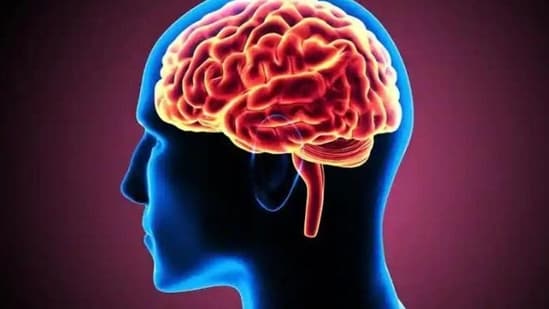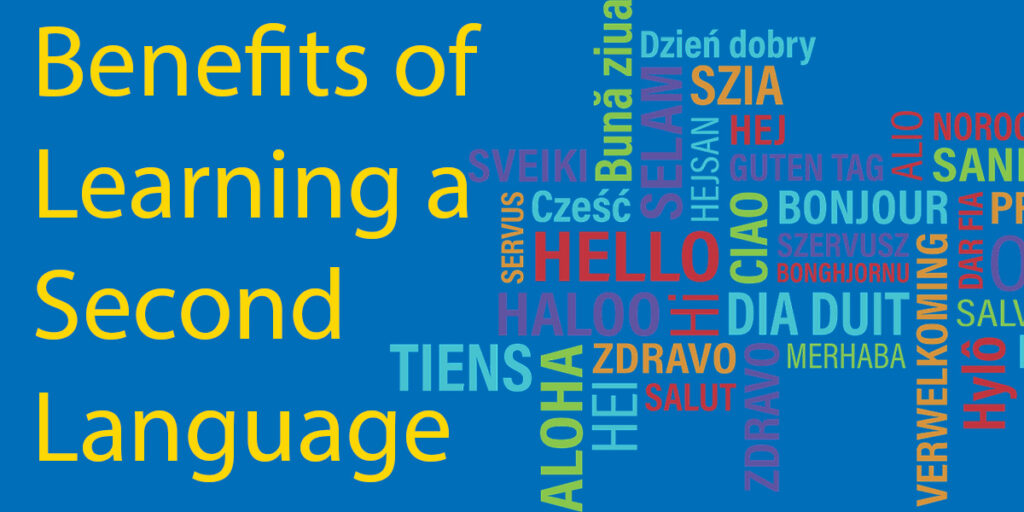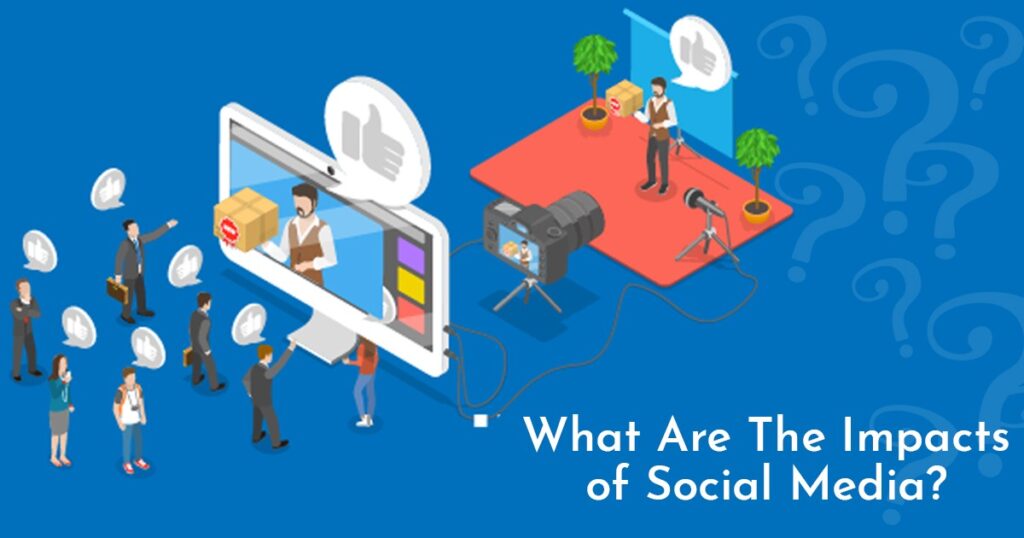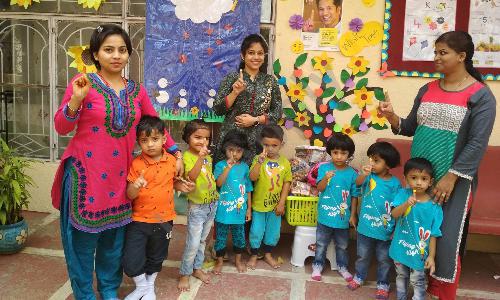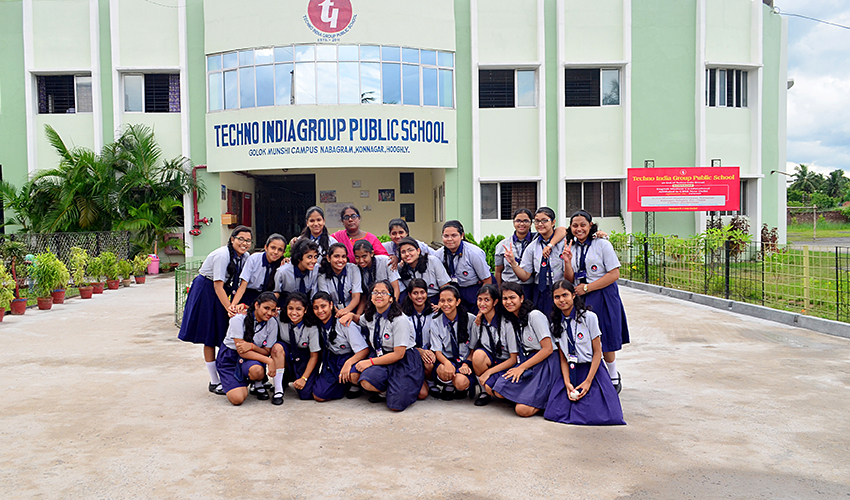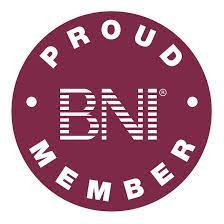Learning is a complex and fascinating process that allows us to acquire knowledge, skills, and behaviors through experience, study, and observation. The human brain, with its intricate network of neurons and synapses, plays a pivotal role in facilitating this process.
At its core, learning involves the formation and strengthening of connections between neurons. When we encounter new information or experiences, our brain processes this input and creates neural pathways. This process, known as synaptic plasticity, enables the transmission of signals and the encoding of memories.
One of the key mechanisms underlying learning is called long-term potentiation (LTP). LTP involves the strengthening of synaptic connections between neurons that are frequently activated together. This increased connectivity enhances the efficiency of information transfer, allowing for easier retrieval of learned information.
Learning also involves the interplay of various brain regions. For instance, the hippocampus, a structure crucial for memory formation, plays a vital role in consolidating new information. It processes and organizes incoming information before sending it to other brain areas for long-term storage.
Different types of learning exist, including explicit and implicit learning. Explicit learning refers to the conscious, intentional acquisition of knowledge or skills. It often involves the engagement of higher-order cognitive processes and is commonly observed in educational settings. In contrast, implicit learning occurs unconsciously, without deliberate awareness. This type of learning is often associated with procedural skills or the acquisition of habits.
Effective learning also relies on attention and focus. The brain’s attentional systems filter incoming information, allowing us to allocate cognitive resources to relevant stimuli. Attention ensures that important information receives priority for further processing and encoding into memory.
Furthermore, learning is enhanced through repetition and reinforcement. Repetition strengthens neural connections, making information more readily accessible. Reinforcement, such as rewards or positive feedback, reinforces the desired behaviors or knowledge acquisition, increasing motivation and engagement.
Learning is not a linear process but rather a dynamic and iterative one. Mistakes and errors are an essential part of learning, as they provide opportunities for adjustment and improvement. Feedback and self-reflection help to correct misconceptions and refine skills, fostering deeper understanding and expertise.
In conclusion, learning involves the intricate interplay of neural processes, synaptic plasticity, and the collaboration of various brain regions. It encompasses the formation and strengthening of connections, attention and focus, repetition, and reinforcement, and the active engagement of cognitive processes. By unraveling the mysteries of how we learn, scientists aim to develop more effective educational strategies and interventions that can unlock the full potential of the human brain.

